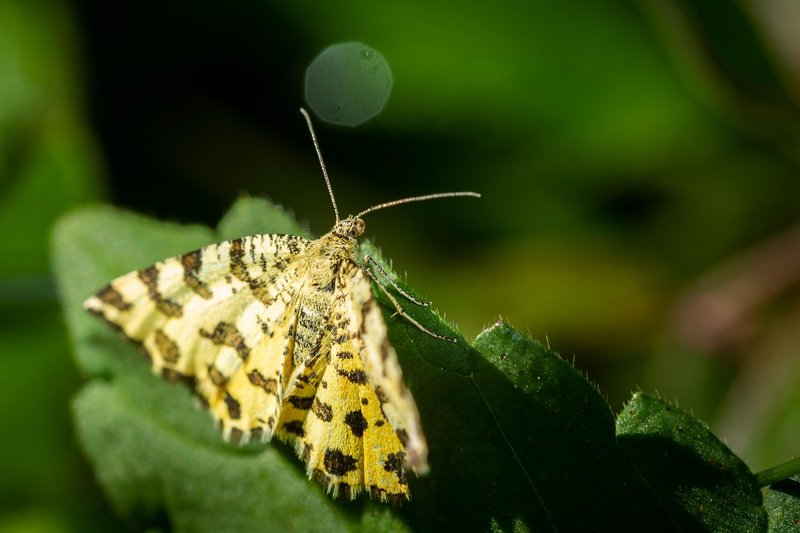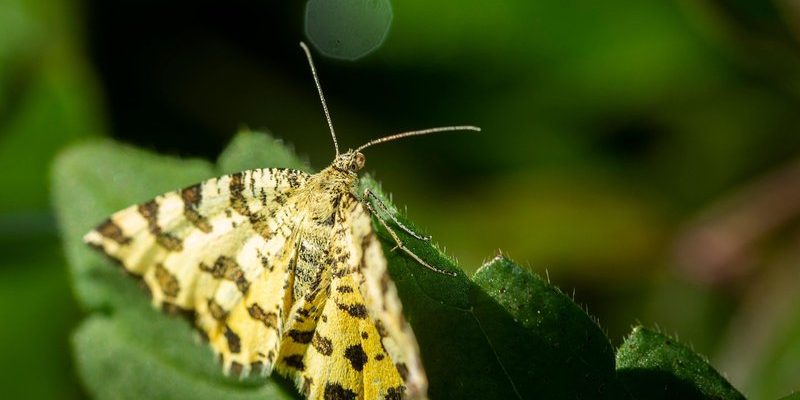
While we hear a lot about how to keep mosquitoes at bay, it’s worth pausing to appreciate the good they do. Just like how a well-timed remote can make your TV binge-watching experience smoother, mosquitoes perform essential tasks that keep the natural world in sync. Let’s dive into their roles, particularly focusing on their surprising contribution to pollination, and explore other jobs they do that might just change how you view these little critters.
The Role of Mosquitoes in Pollination
You might be surprised to learn that some species of mosquitoes actually contribute to pollination. Unlike bees, which we often think of as nature’s pollinators, mosquitoes can buzz around from flower to flower, transferring pollen as they sip on nectar. They have a unique feeding mechanism that allows them to reach deep into flowers, gathering pollen while doing so. This process isn’t just beneficial for mosquitoes, but also for plants—allowing them to reproduce and thrive.
So, when you see a mosquito hovering near a flower, it’s not just a nuisance. That little guy, especially the males who don’t bite, might be playing matchmaker for plants! It’s a fascinating cycle: flowers need pollinators to produce seeds, and mosquitoes help in that process. You might think of this relationship as a form of teamwork in nature—each part relying on the other to survive and flourish.
Why Do Mosquitoes Matter to Ecosystems?
You might be wondering why we should care about mosquitoes if they’re mostly seen as pests. Here’s the scoop: they’re part of a larger food web. Birds, bats, and other insects rely on mosquitoes for food, especially when they’re in their larval stages. In other words, they help support these animals, allowing them to thrive. Without mosquitoes, certain species might struggle to find enough to eat, potentially throwing off the balance in ecosystems.
Additionally, mosquitoes contribute to nutrient cycling in aquatic ecosystems during their larval stages. These larvae feed on organic matter and help break it down, returning nutrients back into the water. Think of it like a cleaning crew; while they might not be on anyone’s favorite list, they play a crucial part in maintaining healthy habitats.
Mosquitoes as Indicators of Environmental Health
Believe it or not, mosquitoes can serve as indicators of environmental health. Scientists often study mosquito populations and their behaviors to gauge the impact of climate change and habitat changes. When you notice shifts in mosquito populations or the types of species present in an area, it might signal broader environmental changes.
For instance, a surge in certain mosquito species could indicate a rise in stagnant water due to increased rainfall or changing temperatures. By monitoring these trends, researchers can gather valuable information about our changing climate. So, the next time you see a swarm of mosquitoes, think of them as the canaries in the coal mine for environmental health!
The Evolution of Mosquitoes and Their Habits
Mosquitoes have been around for millions of years, long before humans even existed. They’ve adapted over time, developing unique feeding habits and flight patterns that help them survive. Some species prefer feeding on animals, while others might go for plant nectar. This evolution isn’t just a biological marvel; it also shows how adaptable mosquitoes can be to changing environments.
Interestingly, some mosquitoes have developed resistance to certain pesticides, making them tougher to control. This evolution poses challenges for pest control efforts, making it all the more important to understand their roles in ecosystems. While controlling mosquito populations is crucial for managing diseases they can carry, recognizing their ecological functions helps paint a fuller picture of why they exist in the first place.
Common Misconceptions about Mosquitoes
It’s easy to lump all mosquitoes together and view them as nothing but pests, but there are some misconceptions that need clearing up. For one, only female mosquitoes bite; males primarily feed on nectar. This leads us to another point: many people assume all mosquitoes are dangerous, but only certain species carry diseases.
By learning which types are harmful, we can better manage our surroundings. It’s not about exterminating every mosquito; it’s more about understanding the different roles they play and how we can live alongside them without causing harm to the ecosystem.
Managing Mosquito Populations Responsibly
Given their roles, it’s important to manage mosquito populations responsibly. You can take steps to reduce their presence in your backyard without eliminating them completely. Here’s how:
- Remove Stagnant Water: Mosquitoes breed in standing water. Regularly check for and eliminate sources of stagnant water, like clogged gutters or bird baths.
- Use Natural Repellents: Consider planting citronella, lavender, or marigolds, which can repel mosquitoes naturally while allowing beneficial ones to thrive.
- Be Mindful with Pesticides: If you must use pesticides, opt for those that target specific mosquito species without harming others.
Taking these steps not only helps protect you from bites but also maintains the balance of nature.
While mosquitoes may often get a bad rap, they play some fascinating roles in our ecosystems—from pollination to serving as a food source for other animals. Understanding their importance helps shift our perspective from viewing them solely as nuisances to recognizing their contributions to environmental health.
As you think about these little critters, try to remember the big picture. Just like that trusty remote control enhances your TV experience, mosquitoes add layers of complexity to nature. By learning to appreciate their roles, we can find ways to coexist peacefully while still enjoying our time outdoors. So, the next time you hear that familiar buzz, maybe you’ll smile (or at least tolerate) it a bit more, knowing that they’re doing a job—albeit one that comes with a few bites!

